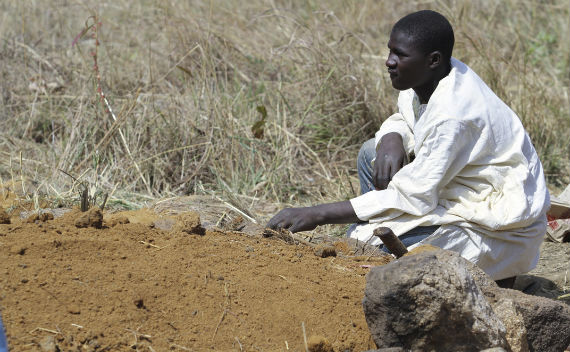Jos Violence Escalates
More on:

Killings continue to escalate in villages around Jos. This time, the victims appear to have been mostly Christian Beroms. (On other occasions, the victims have been Muslim Fulani.) At least one local politician, almost certainly a Christian, is claiming that the military was involved in the killing. Whether true or not, the military, apparently, has been unable to bring the killing under control. Over the weekend, the killings spread into the city of Jos itself, with the Igbo community claiming that some forty of their number were murdered. Igbos, a Christian, southern-based ethnic group, live all over Nigeria where they are known as entrepreneurs and frequently own small businesses. They are also often resented because of their relative economic success.
This eerily echoes Nigeria’s tragic past. Widespread killing of Igbos in the the Middle Belt and the North was the prelude to the 1966 outbreak of the civil war that probably left a million dead by its conclusion in 1970. The current round of ethnic and religious killings around Jos also recalls the unrest that broke out in parts of the North in 2006 when then-president Obasanjo, a southern Christian, was trying to amend the constitution so that he could remain in office.
Tomorrow, the ruling People’s Democratic Party is expected to select its presidential candidate for the elections in April. The incumbent, southern Christian Goodluck Jonathan, is favored to win to the consternation of many Northern Muslims who believe it is their turn to hold the presidency. While we cannot draw a direct cause-and-effect relationship relationship between the slaughter in Jos and its surroundings, the anticipated PDP selection of a southern Christian presidential candidate is certainly part of the context.
More on:
 Online Store
Online Store